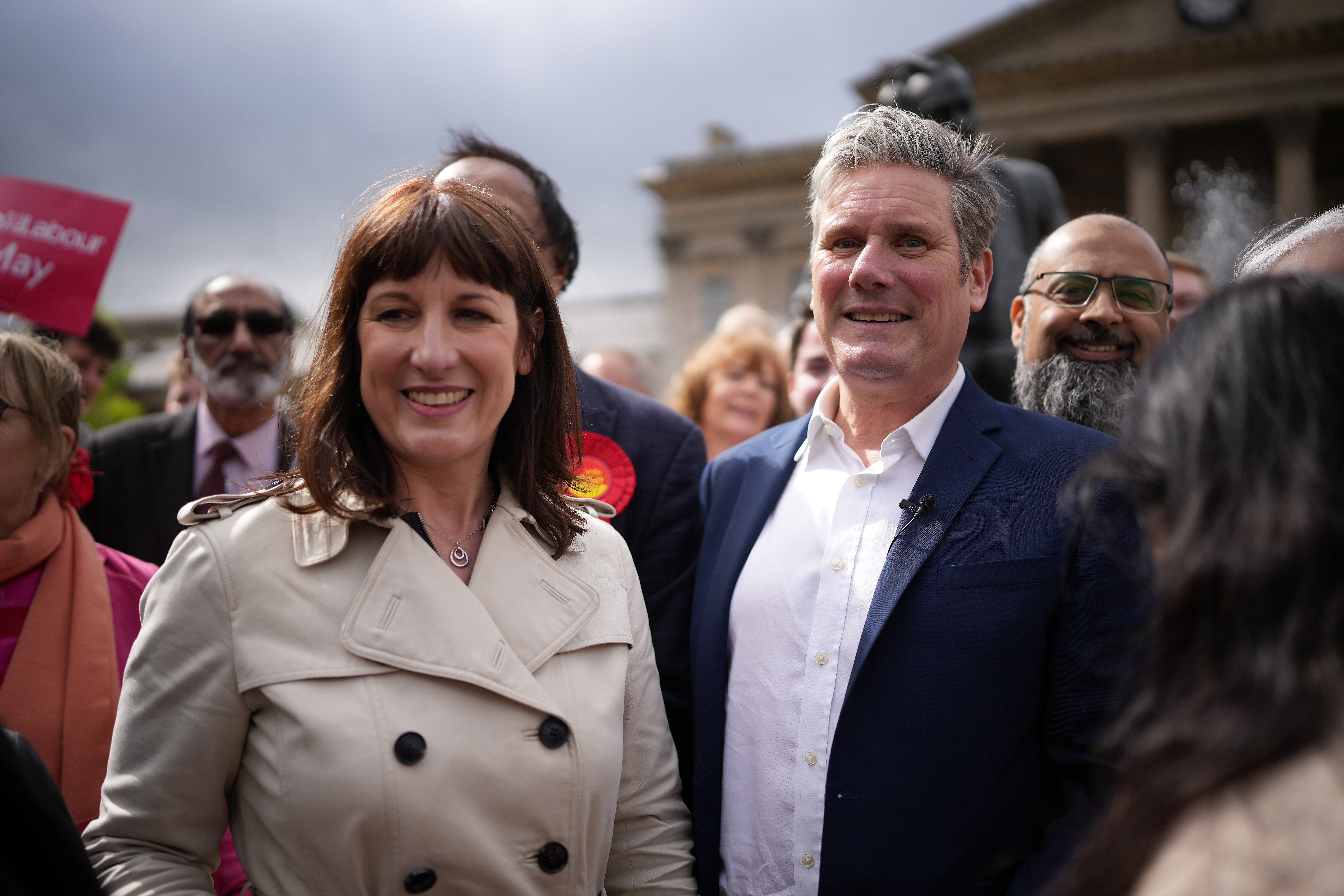Is it too late for the Tories to win back business votes?
How much does it matter what business thinks? asks Sean O’Grady


A former CBI president, Paul Drechsler, tells The Independent that Labour is “winning the argument” over business, while Iain Anderson, founder of the public relations firm Cicero, said he was switching to Labour in part because of the Conservatives’ plan to stoke a culture war against vulnerable groups. The business barometer seems to be pointing Labour’s way.
Who is winning the battle for business?
Labour has been making much progress – partly because Keir Starmer has been busy removing the remaining socialist tenets of Labour policy, even dropping his own leadership pledge: “Public services should be in public hands, not making profits for shareholders. Support common ownership of rail, mail, energy and water; end outsourcing in our NHS, local government and justice system.” That promise has been finessed out of existence.
Even though business favoured parts of the Corbyn-McDonnell manifesto in 2017, and was repelled by the protectionism of the Tory hard right, Starmer’s party is much more to their taste. Business still finds merit in the Green New Deal, and sees in the shadow chancellor, Rachel Reeves, a conventionally minded, level-headed trained economist who’d never take the kind of risks Kwasi Kwarteng did with the national economy. She and the rest of the Labour front bench present themselves as the sort of moderate social democrats that companies, especially those based in the EU, can trust and do business with.
For businesses that rely on access to the EU single market, such as farms and banks, Labour’s fresh start seems the better bet to secure some improvements in the trading relationship, such as a deal to widen access for goods, services and talent.
Can the Tories win business back?
It feels a little late for that, after almost 13 years in power and five prime ministers. The big theme of the Conservatives over the past few years has been Brexit, and that has harmed the prospects of many businesspeople.
David Cameron and George Osborne pursued a policy of austerity, with an accompanying drop in infrastructure investment, that hasn’t stood the test of time. Theresa May tried to implement an “industrial strategy” and bring about a “soft Brexit”, but failed to secure either. Boris Johnson infamously declared “F*** business”, and Liz Truss tried to cut corporation tax at the cost of the wider public finances. Now Rishi Sunak has come along, with his focus on science and technology, “super deduction” tax breaks and a dedicated government ministry, plus a harder line on industrial action – but it seems no one is listening.
What about small businesses?
They’re less likely to be exporters, reliant on friction-free cross-border supply chains, so bodies such as the British Chambers of Commerce and Federation of Small Businesses were historically less hostile to Brexit. However, Brexit has hit many SMEs with a triple whammy of skills shortages, higher wage costs and imported inflation – adding to the burden of Covid and the energy and food crisis triggered by Vladimir Putin’s war in Ukraine.
Does it matter what business thinks?
Less than it used to, it seems. The 1975 European referendum was won partly because most of the TUC and the CBI favoured being in Europe. In the 1990s, John Smith and Tony Blair set about trying to charm the City – and media figures such as Rupert Murdoch – with some success. Business was still regarded as an important constituency for Labour, so the party pledged, for example, to retain all the industrial relations laws passed by the Thatcher and Major governments, adding only a new procedure for unions to gain recognition for minimal bargaining rights. Then, as now, Labour also pledged to improve relations with Europe (only partially successfully, as time went on).
By the time of the 2016 referendum, British society was less corporatist, and voters were less deferential to interest groups and experts. Globalisation, embraced enthusiastically by large corporations, had lifted millions out of poverty in China and created fresh markets, but also decimated some old industrial areas in the West. Big business became synonymous with the EU, and for some that seemed to mean workers from Eastern Europe undercutting wages and taking jobs.
The experience of Brexit now is making some voters think again about what’s best for them and the companies that employ them.






Join our commenting forum
Join thought-provoking conversations, follow other Independent readers and see their replies
Comments